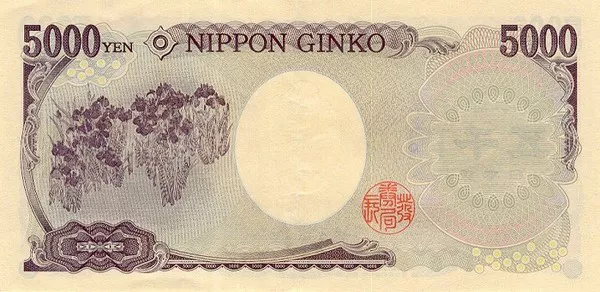Converting one currency into another is a common financial transaction for individuals and businesses engaged in international trade, travel, or investments. For those interested in converting Japanese Yen (JPY) to British Pounds (GBP), it’s essential to understand the methods and factors that influence the exchange rate. In this comprehensive guide, we will explore the various ways to convert Yen to Pounds and provide insights into optimizing your currency exchange.
Understanding the Exchange Rate
Before delving into the conversion process, it is crucial to comprehend the exchange rate dynamics between Japanese Yen and British Pounds. Exchange rates are determined by several factors, including economic conditions, geopolitical events, central bank policies, and market sentiment.
For the JPY to GBP conversion, you can typically find the exchange rate in financial news sources, banks, or currency exchange platforms. The rate will indicate how many British Pounds you will receive in exchange for a specific amount of Japanese Yen.
Methods to Convert Japanese Yen to British Pounds
There are several methods available for converting Japanese Yen to British Pounds. Each method has its advantages and disadvantages, and the choice you make may depend on factors such as convenience, cost, and the amount you wish to convert. Here are some common methods:
Currency Exchange at a Bank:
Visit a local bank branch or currency exchange service.
They can provide you with competitive exchange rates and often charge lower fees compared to other methods.
Be aware that banks may have limited operating hours and may charge a service fee.
ATMs:
You can withdraw British Pounds from ATMs in the UK using your Japanese debit or credit card.
Ensure your card is compatible with international transactions and check for any associated fees.
The exchange rate offered by the ATM may not be as favorable as a bank’s rate.
Currency Exchange Kiosks:
These are often found in airports, tourist areas, and shopping centers.
While they offer convenience, their exchange rates may not be as competitive, and fees can be higher.
Online Currency Exchange Platforms:
Many online platforms and apps allow you to exchange currency electronically.
Research and choose a reputable platform with transparent fees and competitive exchange rates.
Some platforms offer peer-to-peer exchanges, while others provide fixed rates.
Prepaid Travel Cards:
These cards can be loaded with British Pounds in advance, and you can use them while in the UK.
Check the terms and fees associated with these cards, and compare them to other methods.
Forward Contracts and Hedging Strategies:
Businesses involved in international trade may use these strategies to mitigate currency risk.
It allows you to lock in an exchange rate for a future date, which can be beneficial when planning for budgetary purposes.
Factors Influencing Exchange Rates
The exchange rate between Japanese Yen and British Pounds is influenced by various factors. Understanding these factors can help you make informed decisions when converting currency. Some of the key influencers include:
Economic Data: Economic indicators such as GDP growth, inflation, and employment rates can impact exchange rates. Strong economic performance in the UK may lead to a stronger Pound.
Central Bank Policies: The Bank of England and the Bank of Japan have a significant impact on their respective currencies. Interest rate decisions and monetary policy can influence exchange rates.
Market Sentiment: Geopolitical events, trade disputes, and global economic uncertainty can lead to fluctuations in exchange rates as investors react to news.
Inflation: Differing inflation rates between countries can affect the purchasing power of their currencies. A country with lower inflation may have a stronger currency.
Trade Balance: A country’s trade balance, the difference between exports and imports, can affect its currency value. A trade surplus may lead to a stronger currency.
Speculation: Currency markets are influenced by speculative trading, which can result in rapid and unpredictable movements.
Optimizing Your Currency Conversion
To get the most value when converting Japanese Yen to British Pounds, consider the following tips:
Compare Exchange Rates: Always compare rates from different sources, including banks, online platforms, and currency exchange kiosks. Choose the option that offers the best rate.
Plan Ahead: Avoid last-minute currency conversions, as rates at airports and tourist areas are generally less favorable. Plan ahead and convert your currency before your trip.
Watch for Hidden Fees: Be aware of any service fees or commissions associated with your chosen conversion method. These fees can significantly impact the overall cost of your transaction.
Use Online Alerts: Some online platforms offer exchange rate alerts. Set up alerts to notify you when your desired exchange rate becomes available.
Consider Multiple Methods: Depending on your needs, it might make sense to use a combination of methods. For example, use cash for small expenses and a travel card or bank transfer for larger transactions.
Conclusion
Converting Japanese Yen to British Pounds involves understanding exchange rates, choosing the right conversion method, and considering various factors that influence currency values. By following the tips and methods outlined in this guide, you can make informed decisions and optimize your currency conversion experience, ensuring that you get the best value when converting your funds. Remember to stay informed about current exchange rates and economic conditions to make the most of your financial transactions.


